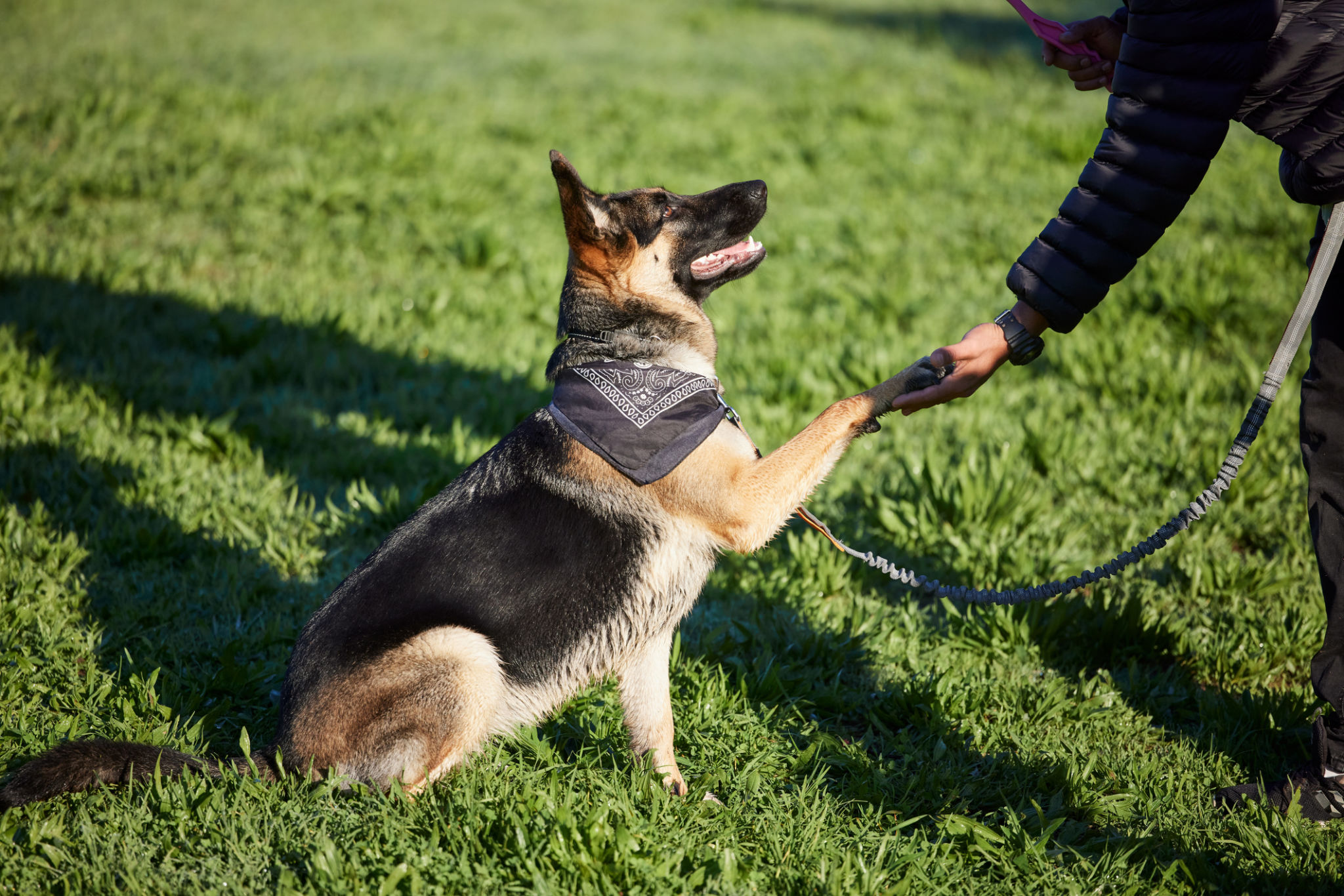Success Stories: How Psychiatric Service Dogs Changed Lives
The Transformative Role of Psychiatric Service Dogs
Psychiatric service dogs have become a beacon of hope for many individuals dealing with mental health challenges. These specially trained dogs offer more than just companionship; they provide a lifeline to those navigating the complexities of psychiatric conditions. From aiding with anxiety to assisting with PTSD, these dogs have profoundly changed lives.

Understanding the Bond Between Humans and Service Dogs
The relationship between a psychiatric service dog and its handler goes beyond the traditional pet-owner dynamic. These dogs are trained to perform tasks that directly mitigate the symptoms of mental health disorders. For instance, they can interrupt self-harming behaviors, remind handlers to take medications, or even provide tactile stimulation during anxiety attacks. This unique bond fosters an environment of trust and understanding, essential for the well-being of both the handler and the dog.
Real-Life Success Stories
Many individuals have shared their stories about how psychiatric service dogs have changed their lives. One story that stands out is that of Lisa, a veteran who struggled with PTSD. Her service dog, Max, has been trained to detect anxiety episodes before they escalate, allowing her to manage her symptoms more effectively. Lisa credits Max with giving her the confidence to reintegrate into daily life and pursue her passions.

Another remarkable story is that of David, a teenager dealing with severe social anxiety. His service dog, Bella, accompanies him to school and social events, providing a calming presence that helps him navigate social interactions with ease. David's academic performance and self-esteem have improved significantly since Bella became part of his life.
The Training Process: A Journey of Patience and Dedication
Training a psychiatric service dog is a rigorous process that requires time, dedication, and expertise. These dogs undergo extensive training to learn specific tasks tailored to their handler's needs. The training not only focuses on task performance but also on ensuring the dog can handle various environments and situations without becoming distracted or stressed.

This meticulous training process ensures that each psychiatric service dog is equipped to provide the necessary support for their handler. As a result, handlers can experience greater independence and improved quality of life.
Challenges and Triumphs
While psychiatric service dogs bring about numerous benefits, there are also challenges involved in integrating them into everyday life. Handlers may face skepticism or misunderstanding from those unaware of the dog's critical role. Additionally, maintaining the dog's training and care requires ongoing commitment.
Despite these challenges, the triumphs are undeniable. The emotional support and practical assistance provided by these dogs empower individuals to live fuller lives. Testimonials from handlers often highlight a significant reduction in symptoms and a newfound sense of hope and resilience.
Looking Ahead: The Growing Role of Psychiatric Service Dogs
As awareness of mental health issues continues to rise, so does the recognition of psychiatric service dogs' importance. Organizations dedicated to training these dogs are expanding their efforts to meet the growing demand. This expansion means more people can access the support they need to manage their mental health effectively.

In conclusion, psychiatric service dogs have proven to be invaluable companions in the journey toward mental wellness. Their ability to transform lives through dedicated support highlights the profound impact animals can have on human health and happiness.